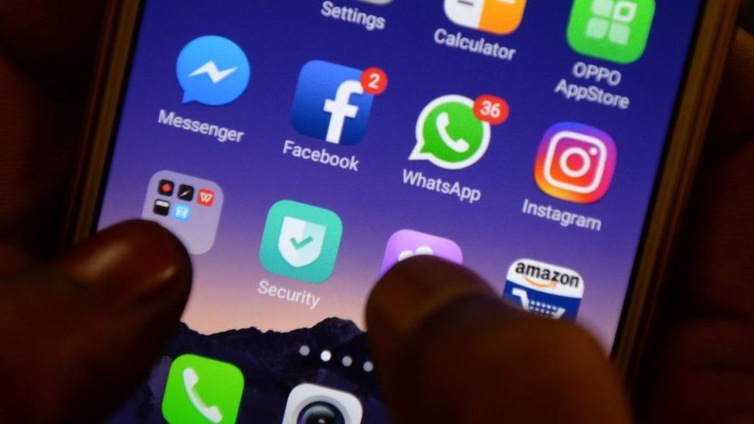WhatsApp has said it blocked over two million accounts in India in May and June for violating rules.
The service said 95% of these users were blocked for violating the limits of the number of times messages can be forwarded in India.
The submissions were made by WhatsApp in its first monthly compliance report under India's controversial new IT rules.
India is WhatsApp's largest market with about 400 million users.
The Facebook-owned messaging service said its "top focus" has been to prevent accounts in India from sending harmful or unwanted messages at scale.
Using advanced machine learning technology, WhatsApp reportedly bans close to eight million accounts across the world every month.
Two million accounts in India sending a "high and abnormal rate of messages" were banned in India alone between 15 May and 15 June, the service said.
The service identifies an Indian account as one with a +91 (country code) phone number.
The Facebook-owned app often ends up being the focus of discussions on the spread of misinformation and fake news in India.
Such fake news and hoaxes are forwarded to tens of thousands of users in hours, and it's practically impossible to counter them.
Messages and videos circulating in bulk have in the past incited mob violence in India, even leading to deaths.
In addition to responding to user complaints, WhatsApp said it deployed its own tools to prevent abuse on the platform.
It said it relied on the "behavioural signals" from user accounts, or on available "unencrypted information", profile and group photos, and descriptions to identify potential offenders.
WhatsApp's submissions come at a time when tech companies are embroiled in an intensifying battle with the Indian government over the new IT rules.
The guidelines - announced in February and became effective in May - seek to regulate content on social media and streaming platforms, and have raised serious concerns about free speech and user privacy.
Critics say they give the government and law enforcement agencies powers to take down a wide range of content on the internet. But the government claims the rules are meant to prevent abuse and misinformation.
Latest Stories
-
Bawumia meets with EU ambassadors and EU business leaders
4 mins -
How can you make money from an affiliate program
13 mins -
Akufo-Addo’s government has investigated every corruption allegation – Information Minister-designate
24 mins -
Inusah Fuseini calls for campaign spending limits for politicians
32 mins -
Using culture to justify corrupt behaviour is problematic – Inusah Fuseini
40 mins -
South African actor Mpho Sebeng dies in a car crash – Tributes pour in
50 mins -
EOCO has long returned Cecilia Dapaah’s docket to us – OSP reacts
1 hour -
Esther Cobbah elected as IPR Ghana’s president
1 hour -
Dortmund beat PSG to reach Champions League final
1 hour -
Mahama will destroy my legacy if you vote for him – Akufo-Addo to Ghanaians
2 hours -
Police investigating shooting of security guard outside Drake’s Toronto home
2 hours -
Cecilia Dapaah case: We requested findings of OSP’s investigation into alleged money laundering – EOCO dismisses claims
2 hours -
Re-introduce music education in basic schools – Bessa Simons
2 hours -
Sister Derby addresses reconciliation rumours after appearance at Medikal’s O2 concert
2 hours -
Drake denies allegations of underage relationships in Kendrick Lamar song
2 hours

